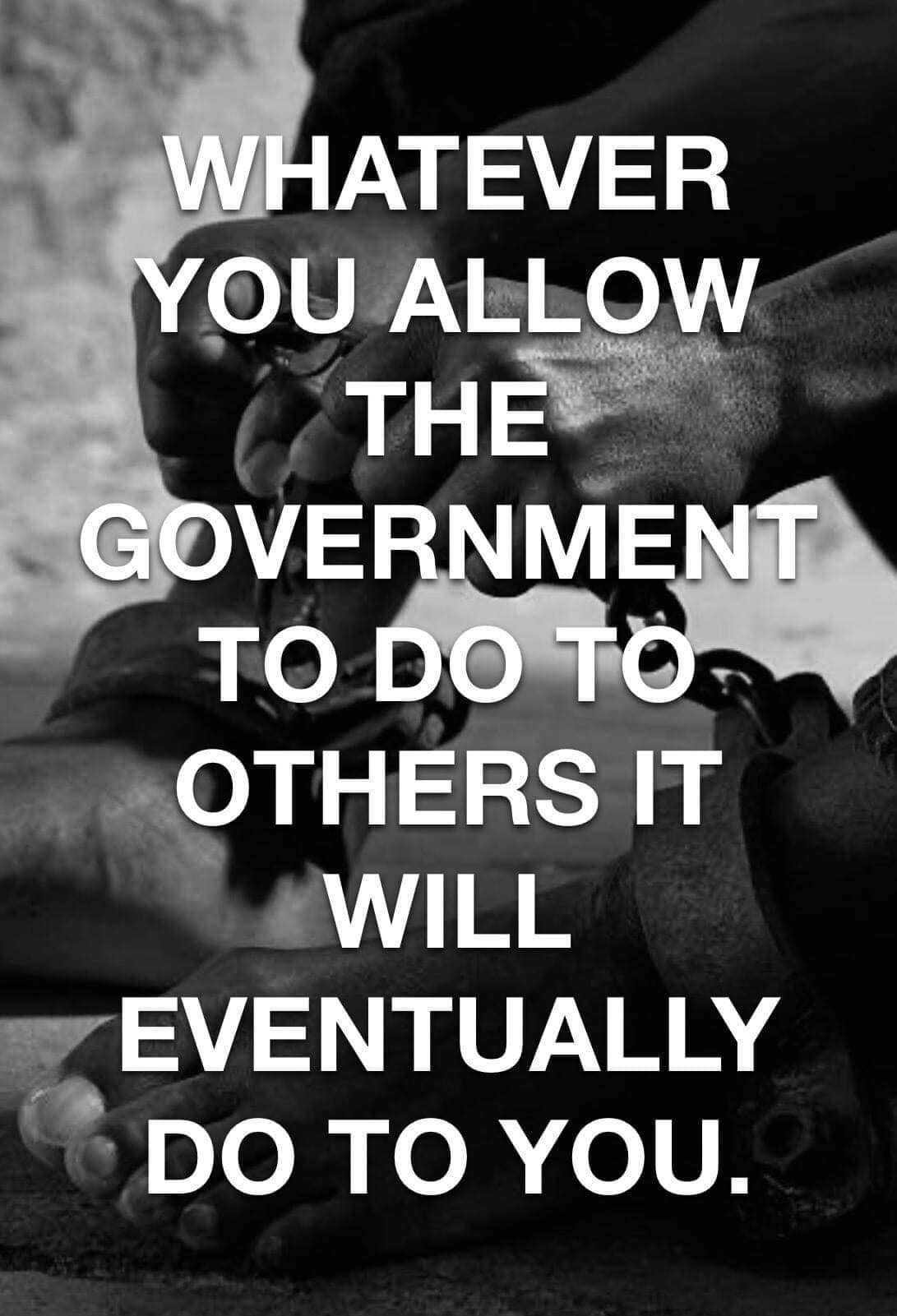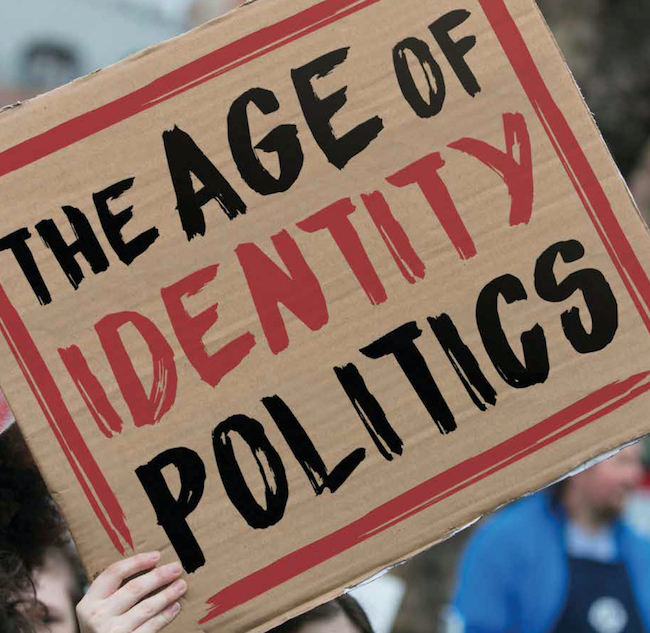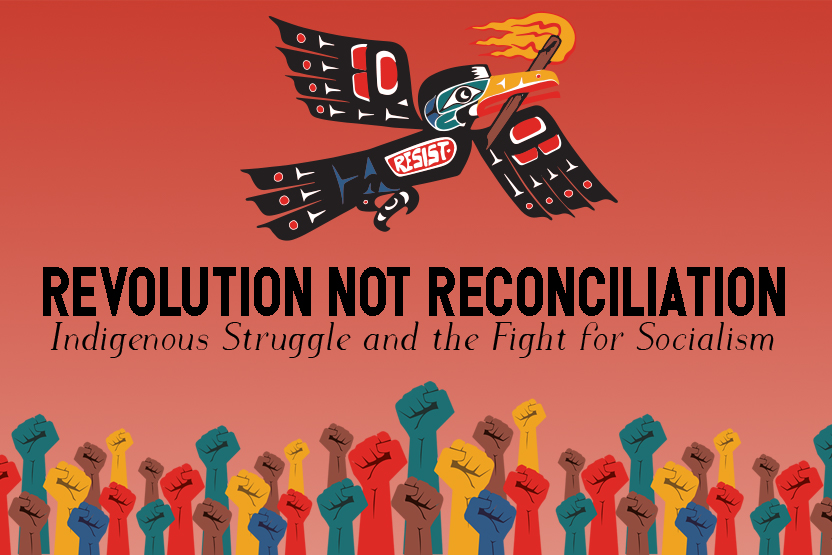The Washington Post reported on 12th December 2022 an article titled ‘For Better or Worse, Billionaires Guide Climate Policy. Referring to Bill Gates and other ultra wealthy business people that are steering the energy transition towards the worldview and most favoured technologies. Ultra Billionaires having never been elected to office, however have massive influence with UN Member head of States and the UN itself. Influence over govt’s worldwide, hence influences over populations globally
All key players of Schwab Great Global Redesign Initiative the New Normal, the Great Reset. Ultra wealthy investors, philanthropists green wealth to the ultra billionaire few. Politically economically, social, trade off to destroy small businesses, small farming communities to replace them with a stakeholder capitalist corporate economy.
Namely a global Marxist-Socialist ideology of a two class system. In the name of collectivism, of which the core is ‘totalitarianism’. Fraudulent, Corrupt ESG Scores. Economic, Social, governance scoring. Marxism is its two class identity. Everyone has a group identity, dismiss individual identity. Identity Politics, the dark side of politics. New Zealand own great reset has been a boiling frog, the waters are boiling and the majority of the population are going to be burned. The National Iwi Leaders Chairs Forum, The Maori Council, The Human Rights Commission, The Freshwater Iwi Leaders Group established in 2005 under Labour Clark led govt. All collaborating with successive govts Labour and National.
Like the ultra billionaires the global Elite, NZ has its own Iwi Elite. Iwi Corporations. Iwi Freshwater Leaders driving the Three Waters Reform. They have become the front seat drivers, the government the back seat passengers and we the audience the roadkill. Iwi/Maori with special elite privileges to manage control New Zealand Natural Resources including freshwater. Promoted by both Labour and National led govts. Indigenous Data, Indigenous Constitution, Indigenous Freshwater, Indigenous control, management over all natural resources in NZ. Indigenous policy making and implementation . Iwi leaders incorporating Iwi values into the . Resource Management Act NZ. The government enacting race based legislations, laws.
To manage freshwater and land. Freshwater and Indigenous Biodiversity. Iwi and freshwater governance. Three Waters, He Puapua the entrenchment of the UNDRIP into NZ all part of the Govt-Iwi Vision 2040 plan of action. NZCPR. NZ Centre for Political Research. Dr Muriel Newman authored an article March 14th 2011. The shadowy and powerful group of tribal iwi have become a driving force behind the acquisition of public assets, most people are unaware how Iwi Elite have deeply penetrated the National and Labour Govts.
Auckland University Professor Elizabeth Rata had written extensively about the dangers to NZ’s democratic system of an indigenous rights strategy that threatens public commons that threatens our coastlines, our National parks our water and our air. The Iwi Elite seeking to privatise these public assets. In her speech at Auckland University titled ‘People Power or Ethnic Elites in 2005. She explains about the shift in strategies used by Iwi, the quest for property rights and constitutional recognition The shift from a Treaty of Waitangi justification to a comprehensive indigenous groups rights, to claim customary rights on property guaranteed under Common Law.
The Iwi approach if successful is very means very serious consequences for NZ. The property rights will privatise large socio-economic assets into the hands of Iwi Corporations. Small Iwi Elite autocratic over the majority of New Zealanders of all ethnicities.. This will undermine the integrity of the New Zealand nation, Rata said. Elizabeth Rata said the Marine & Coastline Area Bill will privatise to Iwi Corporations, there is an massive appetite for public resources. Political commentator Matthew Hooton described the relationship between Iwi leaders and Govt “The groups inter-relationships with Iwi, Maori Party and the Govt are murky, they don’t speak for all Maori but behave as if they do”. The Iwi Elite grew out of the Sealord deal where 57 tribal groups were mandated to receive and manage the settlement proceeds., this was not to help and support the wider Maori population. Over the years this self selected group of Iwi authority of chair persons have side-lined traditional methods to retain control and power over a growing asset base.
According to their website, key members of the elite clique that make up the Iwi Chairs Forum, are Mark Solomon from Ngai Tahu, Tukoriorangi Morgan of Te Arataura, Sonny Tau of Ngapuhi, Prof Margaret Mutu of Ngati Kahu, Toko Renata of the Hauraki Maori Trust Board, Ngahiwi Tomoana of Ngati Kahungunu, and Apirana Mahuika of Ngati Porou. They have a close association with the government which has resulted in personal benefit for Tuku Morgan who was paid $141,000 in directors fee’s as well as $100,000 in success fee’s for completing Tainui Waikato River settlement. In edition he was paid as a Crown facilitator to help other Iwi settlement. Between November 2008 and March 1st 2009 the office of Treaty Settlements paid him $171,000. At the time this article was authored by NZCPR Iwi/Maori Corporations were understood to be worth approx. $25 Billion, almost half the value of NZ Stock Exhange. They have a myrid of other commercial assets, opportunities including oversease interests eg With the Chinese.
The National Party and the Labour Party leaders have jumped to the tune of the powerful Iwi/Maori Elite, the Iwi Tribal corporations underlying strategies to privatise valuable public assets over a number of years, Hence He Puapua, Three Waters reform to implement Iwi rights, interests over all others, who are the mixed ethnic races that our NZ Cit
The top global names of the ultra super wealthy, Bezos, Mike Bloomberg, Gill Gates. The wealthy billionaires with huge climate ambition. Again involving controlling natural resources of the world. In the global market place, through fear tactics, a continuous Marxist crisis ideology to re-engineer societies behaviour to replace traditions, cultures with a post modern multistakeholder corporate political economy. Wealth not health. De-growth not innovative growth. These few ultra wealthy billionaires that work closely and fund the UN and their Climate policies. UN Climate Change Conference in Egypt – COP27, where their projects were on prominent display. The ultra wealthy that rub shoulders with UN Member government leaders, NGO, CEO’s, large corporations that have caused are guilty of toxic pollution.
Like Bill Gates who has huge influences in UN Agencies, climate change and COVID19 and they call themselves planet savers. PPP = People Planet and Profit, very, very huge profits at the peoples expense. Bill gates and his innovations where he receives and plans to receives potentially billions of dollars in the WEF-Klaus Schwab Great Global Redesign Initiative. Pushing the initiatives, strategies of the new green hydrogen, nuclear and carbon capture technologies, the climate package Gates helped champion by Biden. The Jeff Bezos Earth Fund created by the Amazon founder and Washington Post owner is a key partner to the US Govt in carbon trading programs, climate solutions. Mike Bloomberg with his large climate efforts has been named as a United Nations special envoy on climate. He invested more that $1.5 billion into programs that move countries away from fossil fuels. Billionaire engagement in climate action, private companies, corporations, philanthropists and governments worldwide. All obsessively redirecting, replacing the free- market economy for a Klaus Schwab Multistakeholder Corporate capitalist one led by Marxist Socialist Regimes worldwide with their two class society ideology.
Jeff Bezos Earth Fund, Rockefeller Foundation being Biden’s admin partners in creating the US climate envoy. John Kerry said in his speech referring to fighting global warming “No government in the world has enough money to get this job done,” Kerry said at the program’s unveiling. “We will only succeed with a massive infusion of private capital.”
Closer to home, across the ditch, an Australian mining magnate, billionaire- is another climate activist wanting to save the planet with ‘green hydrogen’. Andrew Forrest who said he has personally met Biden. Forrest said in an interview his company is investing in these renewable technologies and creating massive green energy sites around the world all committed as a galloping herd to help send the world green”. “The company is investing in these technologies and creating massive green energy sites around the world, all committed as a galloping herd to help send the world green.” No billionaire in the world is as influential as Bill Gates as he has invested billions into dozens of CO2 Zero emissions projects.
RNZ reported 29th November 2022. Carbon Capture Firm wants to Remove millions of tonnes of CO2 from the air in NZ. The Govt’s Emissions Reduction Plan spending $2.9 billion from the Emergency Response Fund (RNZ 14/5/2022) over the next 4 years. Both Labour and National have committed themselves to this emissions budget. This includes accelerating and establishing a Centre for Climate Action on Agriculture Emissions,($339 Million). Active Shared transport ($23 Million). Increasing walking, cycling and public transport ($350 Million), Decarbonising public transport ($40 million), Decarbonizing freight transport ($20 million). Seven year spend. Decarbonization $650Million over 4 years, plus $25 million and planning for suture years $330 million. Embedding Te Tiriti and matauranga Maori into researc, science and innovation. Cleaner Cars Climate Emergency Fund $569 million
Over $6 million to support implement He Waka Eke Noa. $35.4 million for the transition for farmers and grower, whenua Maori collaboration. Sustainable Food and Fibre Future Fund. Agriculture Minister Damien O’Connor said the country’s economic security depended on the sector. Govt call this their biggest export earner. Agriculture Minister Meka Whaitiri said funding would help Iwi / Maori to lower emissions in their growing primary industry. “It’s about determining the most appropriate uses for our whenua, adopting new technology to reduce emissions, and providing on the ground support to make the changes.”
Govt also plan to roll out at least another 100km of urban cycleways 25 pedestrian areas. And also removing car parking spaces outside businesses and some residential areas. Iwi businesses are flourishing, extending their investment into more social iniatives
Iwi Leaders Forum, Iwi Freshwater, management, control of freshwater in NZ. Judge Anthony Willy authored an article for the NZCPR 3rd April 2016. The Water, The Rule and the Treaty. Anthony Willy is a Barrister and Solicitor, served as a judge on four courts. District, Environment, Tax and Valuation. He is a former law lecturer University Canterbury. An Arbitrator, commercial mediator a Resource Management Act Commissioner as at April 2016. The majority of New Zealanders must despair when they see such powerful forces arraigned against them and mounting such a determined assault on the Rule of Law which mandates in the matter of fresh water allocation as in all other areas of public policy that the law apply equally to all regardless of colour, creed, or status.
Judge Willy “There would be an obligation on local councils to consult with iwi about the use of water in which they might have a special interest, but there was to be no suggestion of “co-governance” and all decision-making with regard to water would continue to be vested in democratically-elected councils. He reminded the audience that the Government had repeatedly made it clear that nobody owns the water.(My emphasis)” NZ Centre Of Political Research 3rd April 2016)
Hobsons Pledge article ‘The tribal claim for water ownership’ Stuff NZ reported 13/11/2015 Iwi-Kiwi theme set to return in campaign over water rights. A political think-tank is set to revive the “Iwi-Kiwi” advertising theme to highlight what it claims is a plan to give Maori water rights by stealth.
Power resides in those that own, control the water. Water Algorithms like gold is on the world stock market. Scoop News NZ. Race based water rights a step closer 24th April 2015. Water is being targeted by Iwi/Maori elite as the next resource to control. The influential Iwi Leaders Group is pushing ahead with their demand for a proprietary right to freshwater. They want a preferential allocation – in perpetuity – that can be commercialised.
NZ has its own Great Reset happening, and its been growing expanding for almost a decade. Identity Politics, Divide and Separate, a two tier society perpetrated by political and Iwi Leader disrupters of NZ society. The Maori King gathered a thousand people and announced “Maori have always owned water”. But the snow, rain ice are all naturally occurring and essential for human life.
LINKS:
https://www.washingtonpost.com/climate-environment/2022/12/12/billionaires-climate/
https://www.nzcpr.com/water-the-rule-of-law-and-the-treaty/
.
...






